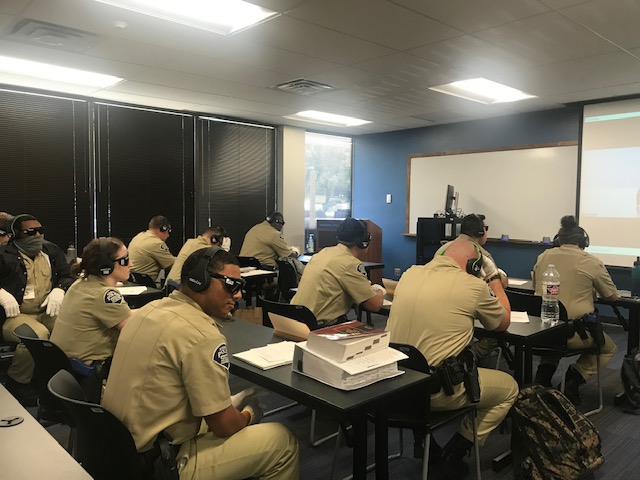Dementia Competencies and How to Choose Good Education
Hosted by Joan Devine, the Pioneer Network presented an outstanding webinar entitled, "Dementia Competencies and How to Choose Good Education." The Dementia education universe is vast and varied, and it can be difficult to navigate to the most effective and relevant training.
The opening message offered by presenter Kim McRae, Founder of "Having a Good Life" and Co-Founder of the Culture Change Network of Georgia is that we should not use "Alzheimer's" as the general term for dementia. This causes a lot of confusion and marginalizes those living with dementia not related to Alzheimer's. As leaders, we need to be consistent in and steadfast in understanding this important distinction.
Jennifer Craft Morgan, Director and Associate Gerontology Professor at Georgia State University made a salient point that education and knowledge acquisition is important, but it must lead to skill-building. "Surface learning" alone will not change employees' care approaches.
Improving education and training and developing supports for direct care workers to implement skills in context has the potential to transform the workforce to a dementia-capable, culturally competent workforce. - Jennifer Craft Morgan.
Check out quality education programs provided by AGE-u-cate here:

So, if change is what we are after, then the first criteria to evaluate is whether the chosen curriculum will result in modifying employee care actions.
Kim McRae, Founder of "Have a Good Life" and Co-Founder of the Culture Change Network of Georgia cautioned listeners to avoid narrowly viewing people living with dementia from the standpoint of loss and deficits. In doing so, we create stigma, loss of well-being and excess disability. Training must un-do the "patients vs people" approach of the past and inspire the workforce to see the human being first.
The speakers then discussed language that should be used in training curriculum, because words absolutely matter.
"Living with dementia vs suffering with dementia"
"Responding to stress reactions vs managing unwanted behaviors"
Just as important as the content is the delivery. The presenters asked attendees to think back to their last training and identify the things that the instructor/training did that didn't support learning.
Helpful list of what not to do
- There is no interaction with the learners or engagement (lecture only)
- Content was not relevant to the work of the learners
- There is no hands-on application
- Old and stale material
- Trying to cover too much information at once
- There is no way to experience the learning
Another critical point is that training should not be one-and-done. Learning must be consistent and ongoing, and reinforced by leadership. Leaders need to excite their employees! Talk with them about what they learned and how it can be applied to achieve person-centered care and improve the quality of life for elders.
In summary, training curriculum as offered by Ms. McRae and Dr. Morgan should:
- Include contemporary best practice language with positive messaging.
- Result in skill-building of care team members.
- Offer resources to enable leadership to reinforce the learning and drive change.
- Be Interactive and engaging to keep employees interested in continued learning.
- Involve all care-partners, not just the direct care workers.
Many thanks to the Pioneer Network and presenters for this critical and timely information.
About the author:
Julie joined the AGE-u-cate team in 2020 after working 31 years in nursing home operations. Starting in social services and admissions, she moved into management and executive positions in 1990 after obtaining an Illinois nursing home administrator license. Her passion for dementia capable care came early in her career where she had the good fortune to work with and learn from culture change pioneers. Julie is also an adjunct instructor in Gerontology and Aging Services at Northern Illinois University in DeKalb, IL. She has two adult children and lives in the Northwest Chicago Suburb of Schaumburg with husband and three fur-babies. She is convinced that she was a lounge singer in a former life.










